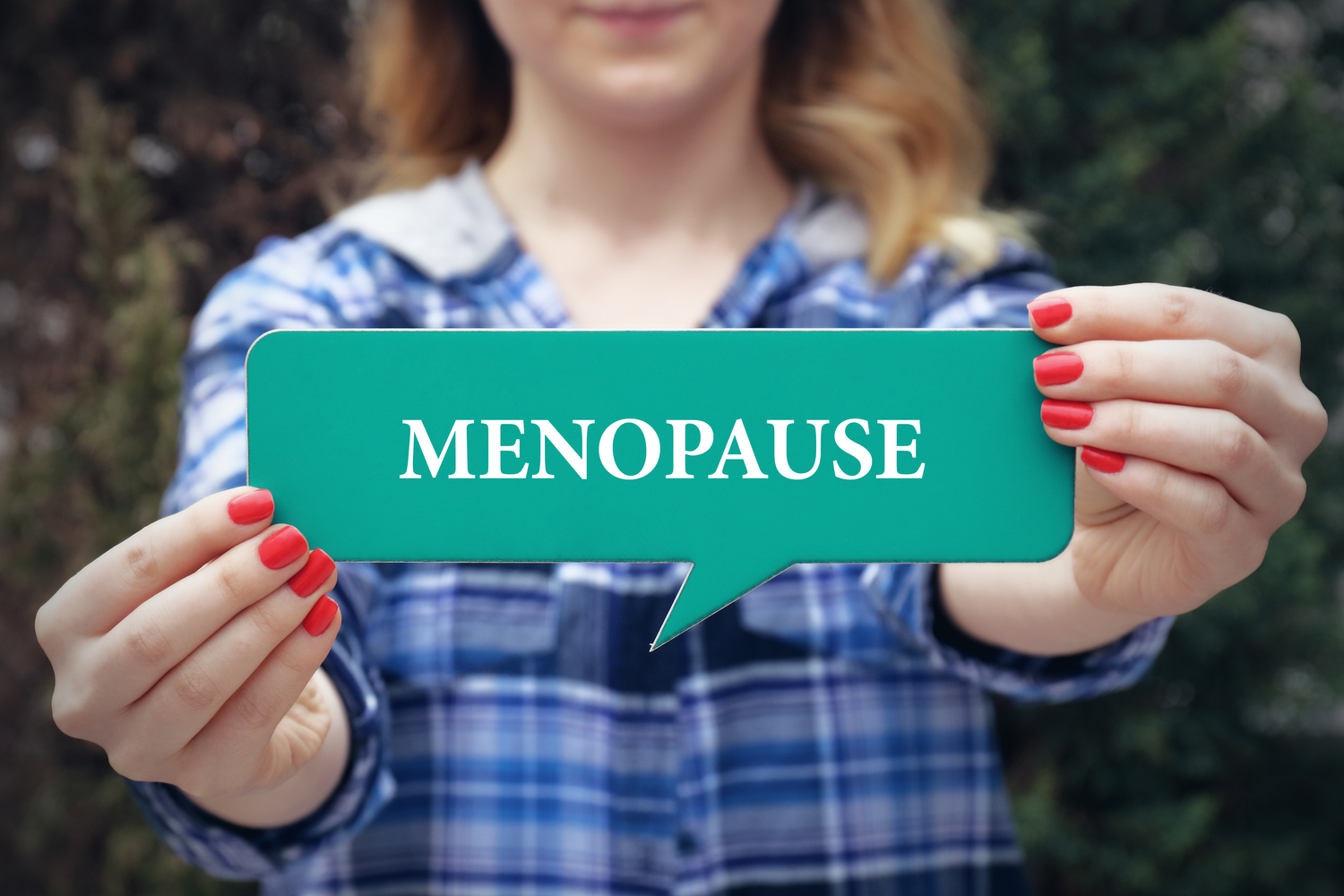
Foods That Can Help Manage Menopause
Menopause is a natural life stage for all women. It marks the end of the menstrual cycle and occurs after a woman has gone 12 full months without a period. The time leading up to menopause is known as perimenopause and may occur in women between the ages of 40 and 50. Symptoms that menopause is approaching can include hot flashes, anxiety, sleep disturbances, or weight gain. Treatments for menopause symptoms can include hormone therapy medications or lifestyle changes, such as a different diet.
Here are a few foods that are known to help naturally reduce menopause symptoms:
1. Spinach and kale
Leafy greens such as spinach and kale have a variety of health benefits, and can also aid in reducing overall menopausal symptoms. Try swapping out lettuce for one of these leafy greens in your next salad!
2. Yogurt
Yogurt is rich in vitamin D and calcium, nutrients which can help reduce risk of early menopause. In addition, the probiotics found in yogurt help improve gut health, leading to better immunity, digestion, and skin.
3. Fatty fish
Fatty fish contain omega-3 vitamins, which can help reduce the hot flashes and night sweats that are commonly experienced by menopausal women. While omega-3 can be taken as a supplement, it’s best to get it directly from certain foods. Omega-3 can be found in fish such as mackerel, tuna, and salmon, as well as chia seeds and flax seeds.
4. Flax and chia seeds
As mentioned above, these seeds contain omega-3, which combats symptoms like hot flashes and night sweats. They are also rich in lignans, which help to boost the female hormone estrogen.
5. Dark berries
Berries help in reducing blood pressure in menopausal women. Naturally sweet and nutritious, berries are known for helping to control inflammation. In addition, they can help reduce the chances of women having heart problems during menopause. Try adding berries to your morning oatmeal or smoothies to see these benefits.
6. Broccoli and cauliflower
These vegetables help to increase estrogen levels, which keeps menopausal symptoms under control. They can be easily added to a salad, stir fry, or even a simple veggie tray.
7. Eggs
Eggs are full of vitamin D and iron, two nutrients that women tend to lack during menopause. Including more eggs in your diet can also help you reach a better protein intake. Eggs are also known to help reduce cholesterol levels and the risk of heart disease.
Menopause is a natural stage of life, but its inconveniences can be reduced if proper actions are taken. Lifestyle changes like including certain foods, getting in regular exercise, and reducing stress are all beneficial. On top of these things, a doctor might recommend hormone replacement therapy to help manage symptoms. If you are approaching menopause or dealing with it right now, talk to your doctor to create a symptom management plan that will work best for you.


